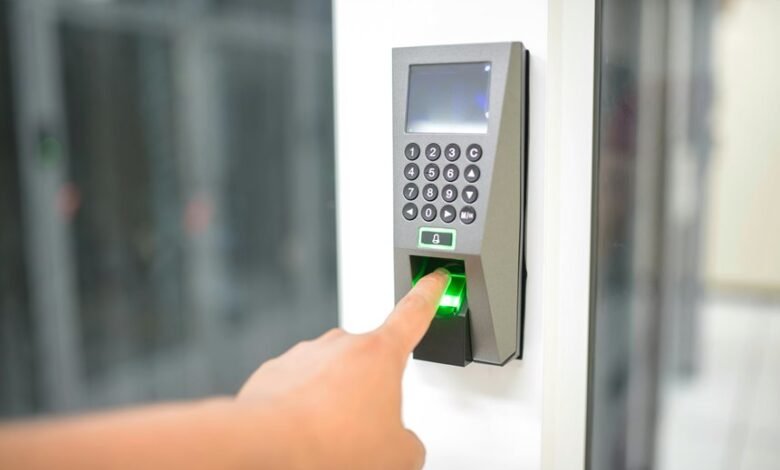Digital Caller Identity Tracking Control System 3509544387 3207750370 3890058754 3203250513 3456117899 3240857091

The Digital Caller Identity Tracking Control System represents a significant advancement in communication security. By employing sophisticated caller verification technologies, it identifies and manages various phone numbers, including 3509544387 and 3207750370. This system aims to mitigate risks associated with fraudulent calls and identity theft. However, its implications extend beyond mere identification. Understanding how these features can reshape user experiences is crucial. What further benefits could emerge from such a robust framework?
Key Features of the Digital Caller Identity Tracking Control System
The Digital Caller Identity Tracking Control System offers several critical features that enhance communication security and user experience.
Its intuitive user interface facilitates seamless navigation, while robust encryption protocols ensure data privacy.
Additionally, real-time caller verification technologies empower users with accurate identification, bolstering confidence in communications.
This system prioritizes individual autonomy, allowing users to manage their communication preferences effectively within a secure framework.
Benefits of Enhanced Caller Verification
Enhanced caller verification significantly improves communication security by reducing the risks associated with fraudulent calls and identity theft.
By ensuring caller authenticity, organizations can foster trust enhancement among users, thereby promoting a secure environment for information exchange.
This system empowers individuals with the confidence to engage in communications, knowing that the identity of the caller is reliably verified, ultimately contributing to a more secure digital landscape.
Reducing Spam and Unwanted Calls
Implementing a digital caller identity tracking control system plays a crucial role in mitigating the prevalence of spam and unwanted calls.
By utilizing advanced call filtering techniques, such systems enhance spam prevention strategies, allowing users to identify and block intrusive communications effectively.
This technology empowers individuals with greater control over their phone interactions, fostering a more liberated communication environment free from unsolicited disturbances.
Improving Communication Efficiency and Security
Although traditional communication methods often suffer from inefficiencies and security vulnerabilities, a digital caller identity tracking control system significantly enhances both aspects.
By prioritizing caller engagement and robust identity protection, this system streamlines interactions while safeguarding personal information.
Enhanced verification processes reduce fraud risks, ultimately fostering a secure environment where users can communicate freely and effectively, thus promoting trust in digital communication networks.
Conclusion
In conclusion, the Digital Caller Identity Tracking Control System represents a significant advancement in communication security, with studies indicating that up to 80% of fraudulent calls can be mitigated through effective caller verification. By leveraging this technology, users can significantly reduce spam and unwanted communications, fostering a more secure and efficient digital environment. As the system continues to evolve, its capacity to enhance user control and trust in communication will likely become increasingly vital in combating identity theft and fraud.





